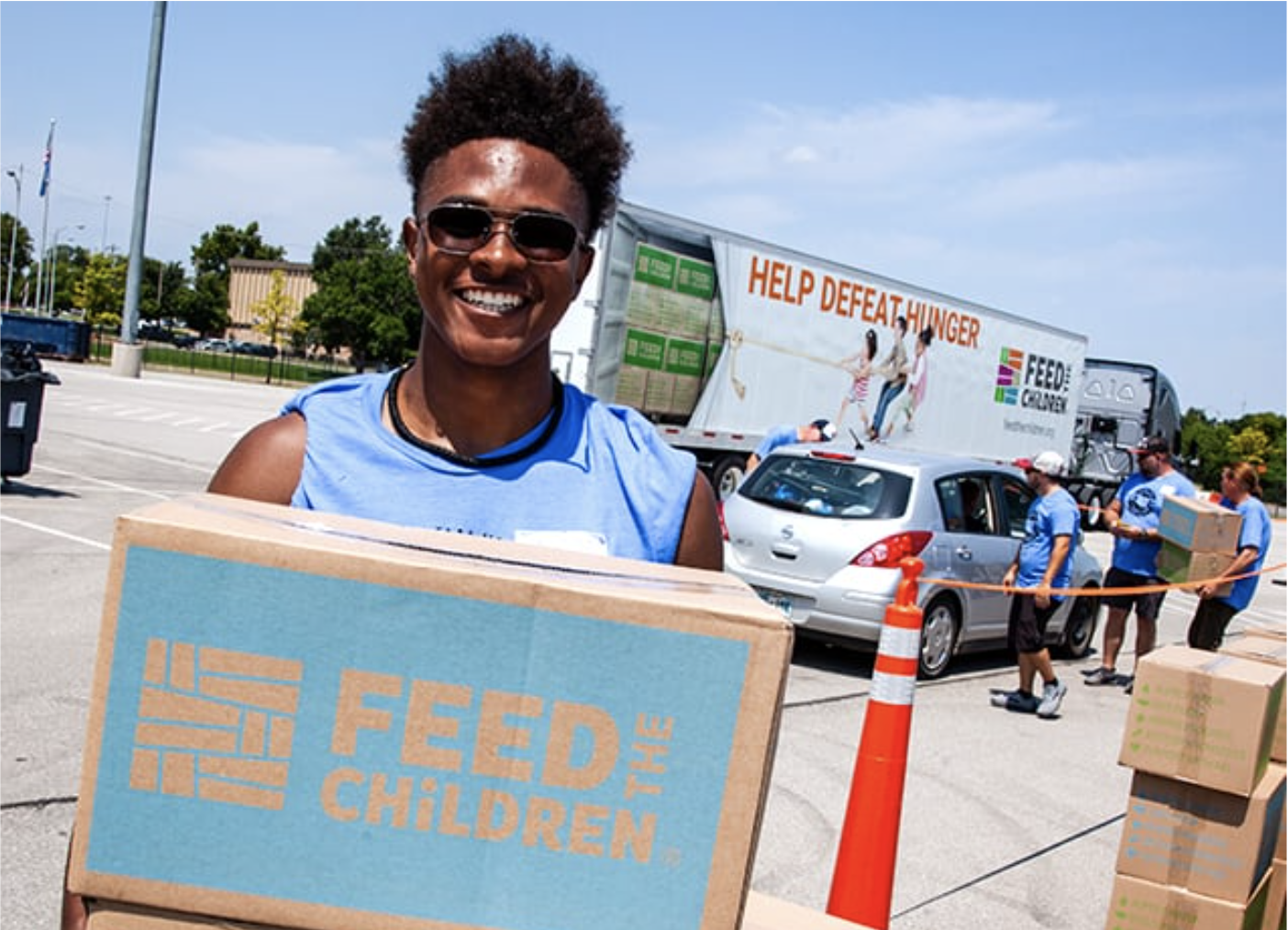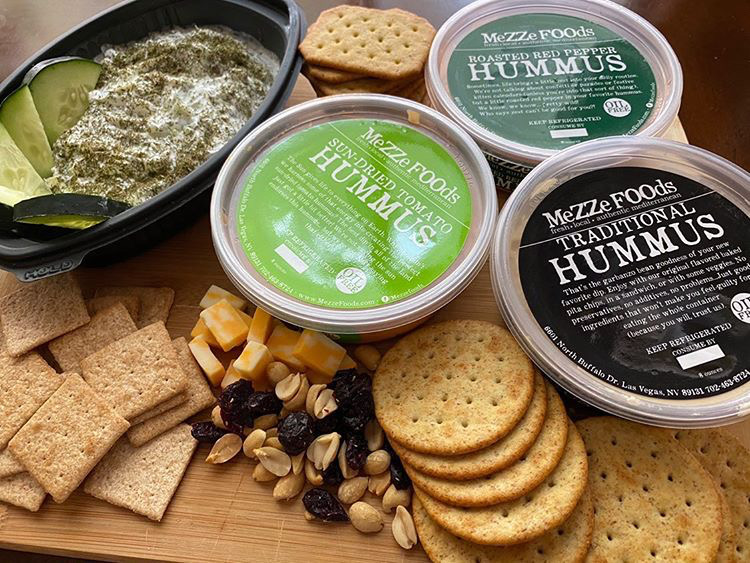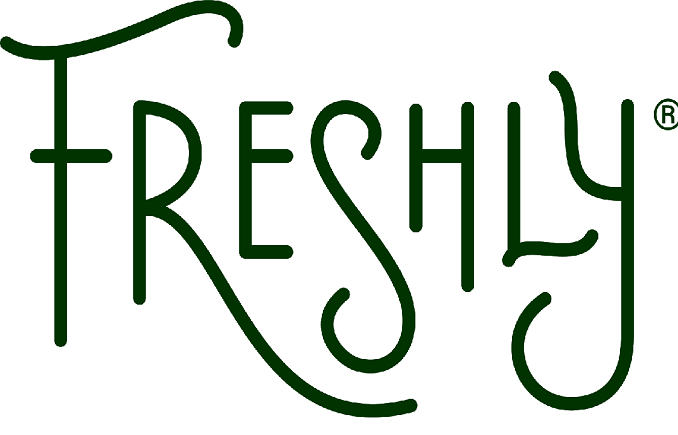Nonprofit works with partners around the world to provide safe, clean water
Many Americans take clean water for granted, but nearly one-third of people – nearly 2.2 billion – around the world don’t have access to safe drinking water. While groundwater only provides 25 percent of the fresh water used in the United States, around the world, 2.5 billion people depend solely on this underground resource to satisfy their daily drinking and domestic water needs.
That’s why Feed the Children is celebrating World Water Day in hope of bringing awareness to this critical issue. The nonprofit recognizes the importance of access to clean water and works with corporate and community partners around the world to help maintain access to this vital resource.
While groundwater is invisible, its impact is visible everywhere. More than 30 percent of all freshwater on Earth is groundwater. As climate change progresses, researchers believe groundwater will become more and more critical.
Last year, Feed the Children drilled more than 100 boreholes to increase access to safe drinking water for more than 250,000 households. Throughout the countries where it works, nearly 320,000 households gained access to safe drinking water in 2021 alone.
Aisha, an 11-year-old in Tanzania, has seen first-hand the importance of this resource. Her district, Kisarawe, has suffered land degradation due to deforestation because of the high demand for charcoal and timber in neighboring cities. These changes have made the land very dry, and water resources have become scarce.
Before Feed the Children installed water catchment tanks, young girls and women walked long distances to collect water. Now they can collect rainwater and treat it with purifiers to make sure it’s safe to drink.
“Water tanks and hand washing stations have been a big help to us because now we don’t have to walk for a long distance in search of water,” Aisha said. “Feed the Children provided water tanks and rain harvesting technology which help to store water for school use. We can now focus more on our studies.”
Feed the Children’s Water, Sanitation, and Hygiene (WASH) interventions in communities across El Salvador, Guatemala, Honduras, Kenya, Malawi, the Philippines, Tanzania and Uganda are crucial in protecting children and their families from the illnesses caused by waterborne diseases, which can often be fatal – especially for children under the age of five. The nonprofit focuses on improving access to safe and clean water for parents and children and encourages the adoption of WASH practices through child-focused community development programs.
With help from corporate partner P&G, the nonprofit distributed 4 million point-of-use water purification packets last year. These were used to help maintain access to clean, safe water in international communities where it isn’t always readily available.
In the U.S., Feed the Children works with partners such as Niagara Bottling to ensure families have access to clean water following both man-made and natural disasters. In 2021, Niagara Bottling donated nearly 4,000 tons of its bottled water to aid the nonprofit’s disaster relief efforts. Other partners who supply water for Feed the Children’s work in the U.S. include Nestle Waters, Hint Water, Safeway, Waiakea Water, CVS and Taste Nirvana.
While Feed the Children’s work to support vulnerable children and families continues, it cannot be done alone. To learn how you can help make a difference, visit feedthechildren.org.
About Feed the Children
At Feed the Children, we feed hungry kids. We envision a world where no child goes to bed hungry. In the U.S. and internationally, we are dedicated to helping families and communities achieve stable lives and to reducing the need for help tomorrow, while providing food and resources to help them today. We distribute product donations from corporate donors to local community partners, we provide support for teachers and students, and we mobilize resources quickly to aid recovery efforts when natural disasters strike. Internationally, we manage child-focused community development programs in eight countries. We welcome partnerships because we know our work would not be possible without collaborative relationships. Every dollar given goes eight times as far to provide food, hope, dignity and comfort.








